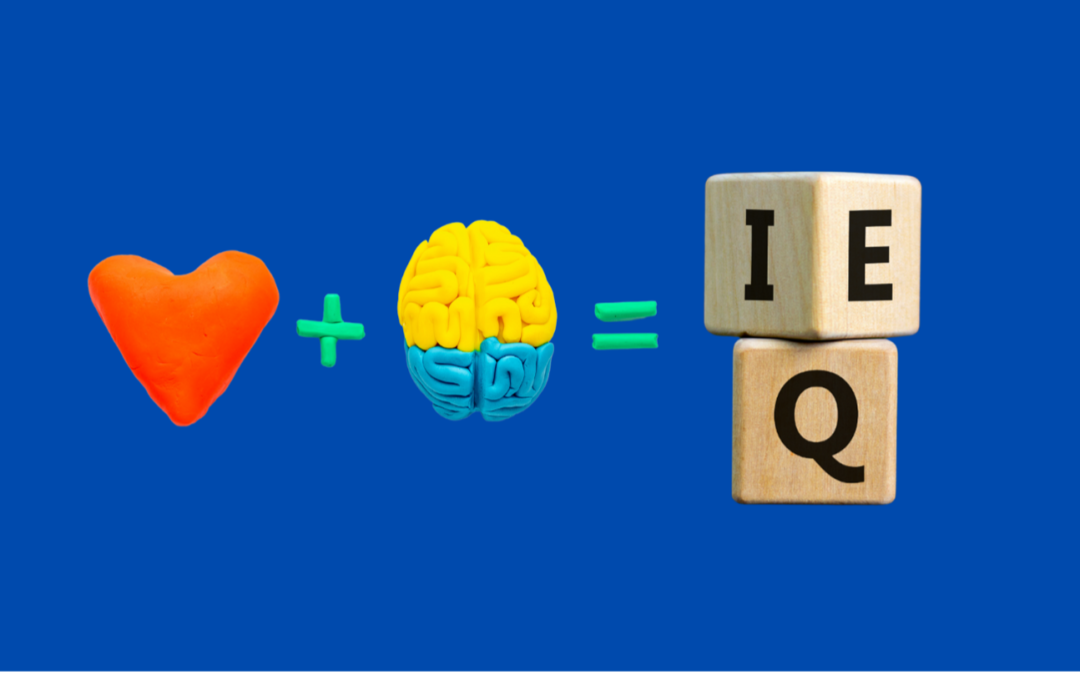When it comes to mental health, there’s a common misconception that emotional vulnerability is a sign of weakness in men. Here’s the truth. Emotional intelligence is a powerful tool that can help men better understand and manage their emotions, as well as build stronger, more meaningful relationships with others.
It’s time to change the outdated narrative surrounding how men should (and shouldn’t) express their emotions. Now more than ever, it’s evident that men – particularly men of color – are struggling with mental health issues. Take a look at these alarming stats from a 2020 study by the American Psychological Association.
- 31% of men said they would be reluctant to seek mental health services, compared to 18% of women.
- Depression impacts more than 6 million men in the United States each year.
- Suicide was the 7th leading cause of death for men, with a rate of 22.8 deaths per 100,000 men.
- 8.5% of men had a substance use disorder, compared to 4.9% of women.
- Men who experience discrimination, prejudice or negative stereotypes based on their race, ethnicity, sexual orientation or gender identity are more likely to experience mental health issues.
- 29% of men who reported experiencing discrimination said it had a negative impact on their mental health.
In this article, we’ll explore the benefits of emotional intelligence for men’s mental health and provide practical tips on how to develop this essential skill. So, let’s dive in!
What Is Emotional Intelligence?
Emotional intelligence, or EQ, is the ability to navigate social situations and build healthy relationships by being aware of our own feelings and reactions, as well as those of the people around us. This includes things like being able to communicate effectively, problem-solve collaboratively and regulate our emotions in a constructive way.
While some people may naturally have a high EQ, it’s also something that we can develop and improve with practice and self-awareness. And when it comes to men’s mental health, EQ can play a big role in promoting positive relationships and managing stress and other emotional challenges.
Here are a few traits that emotionally intelligent people display.
- Self-awareness: The ability to recognize and understand one’s own emotions, and how they can impact others.
- Self-regulation: The ability to control one’s emotions and impulses in different situations, and to respond to them appropriately.
- Motivation: The ability to steer emotions towards achieving personal and professional goals.
- Empathy: The ability to understand and share the feelings of others, and to respond to their emotions appropriately.
- Social skills: The ability to build and maintain positive relationships with others, communicate effectively and work collaboratively towards common goals.
What Are the Barriers to Developing Emotional Intelligence for Men?
Throughout the world, many men face a variety of barriers that may prevent them from developing and practicing emotional intelligence. Some of these barriers include:
1. Social expectations: Men are often socialized to believe that expressing emotions is a sign of weakness or vulnerability, which can prevent them from being in touch with their feelings and sharing them with others.
2. Fear of judgment: Men may fear being judged or criticized for expressing their emotions or vulnerability, which can prevent them from opening up and seeking support.
3. Lack of positive role models: Men may not have positive male role models who demonstrate emotional intelligence and may not know how to develop these skills themselves.
4. Cultural norms: Cultural norms may dictate that men must be tough, stoic and unemotional, which can create a sense of shame or guilt around expressing emotions.
5. Stigma around mental health: Men may be reluctant to seek help for emotional or mental health issues due to the stigma and discrimination associated with mental health struggles.
What Can You Do to Overcome Barriers to Emotional Intelligence?
Overcoming these barriers requires recognizing and challenging cultural and societal norms around emotional expression, seeking out positive role models and finding safe spaces to express and process emotions. It also involves recognizing the importance of emotional intelligence for personal and professional growth and seeking out resources and support to develop and practice these skills.
Here are a few things you can do. Practice self-awareness. Take the time to identify your emotions and their triggers. Reflect on how your emotions affect your behavior and decision-making.
Develop your empathy muscle. Try to understand the emotions of others by putting yourself in their shoes. Pay attention to nonverbal cues and be an active listener.
Manage your personal and professional stress. Find healthy ways to let go of stress, such as exercise, meditation or deep breathing.
Practice mindfulness. Be present in the moment and focus on your thoughts and emotions without judgment.
Get help. Don’t be afraid to reach out to friends, family or mental health professionals for support and guidance in developing emotional intelligence.
By making a concerted effort to overcome the barriers to emotional intelligence, men can improve their mental health, build stronger relationships and become better leaders in both their personal and professional lives.
If you or someone you know is struggling with thoughts of suicide, it is important to seek professional help immediately. There are several resources available, such as the 988 Suicide & Crisis Lifeline (Dial 988), crisis text lines and local mental health clinics. It is important to remember that you are not alone and there is help available.
Join Corporate Counsel Men of Color
Joining a professional organization such as Corporate Counsel Men of Color can help you make an impact on other people. Want to learn more about Corporate Counsel Men of Color? Enroll in our organization today.
© Copyright of Corporate Counsel Women of Color®. All Rights Reserved. To License the Use of this Article, contact [email protected]

